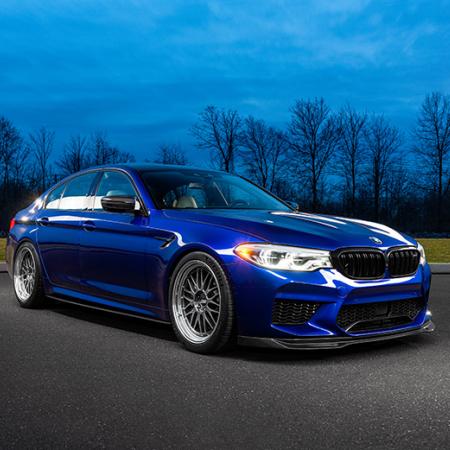Following the lead of Crosley, 60 years ago, BMW is aggressively dialing up its plans to expand the Mini line up. Expect an ice cream truck, an articulated fire engine ladder truck, a woody wagon, a Jeep, a pickup and a six-door airport bus soon. You've already seen the schwimmerwagen prototype.
Seriously for a moment, BMW has announced that it’s investing another $387 million in its three Mini plants in Britain, which will preserve 5,500 jobs. At the same time, BMW said it plans to develop as many as 10 different versions of the neo Mini, the iconic car originally dreamed up by Alex Issigonis, on a much smaller footprint.
BMW’s bold plan is in response to Mercedes-Benz’s aggressive effort to expand its lineup, especially at the lower end, where it expects the most demand for premium cars. Each Mini sale counts as BMW tries to solidify its lead as the world’s top premium carmaker. Longtime auto industry observer Micheline Maynard ponders this market move in a Forbes story.
The 21st century Neo Mini has been a sales and marketing success for BMW, which introduced it in Europe in 2001 and in the U.S. 10 years ago. It's sold in 100 countries around the world and has been spun from the original two-door sedan into six different models, including a convertible, coupe, the Clubman four-door, the Countryman wagon and a couple of pointless two-seaters.
In doing so, BMW is starting to shift some of the cues from its own vehicles onto Minis, according to Jalopnik. These include features from the 1 Series which are showing up inside the Mini, such as a steering wheel that Motor Trend says comes “straight from the BMW parts bin.” In fact, for the Mini expansion plan to work, BMW will have to keep Mini’s costs down.
There are plenty of worries about the health of the European car market, which makes BMW’s timing risky. BMW sounds so confident that it’s plan will work that it’s talking to Nedcar, the specialty manufacturer in the Netherlands, about contracting out Mini production there.
However, BMW board member Harald Krueger emphasized that the German carmaker wants to ensure Mini’s essential British heritage, and that its main Mini plant in Oxford, England, held a special place for the brand. “Just as Munich is the center of the BMW world, Oxford is and will remain the home and the heart of Mini,” Krueger said.—Paul Duchene









